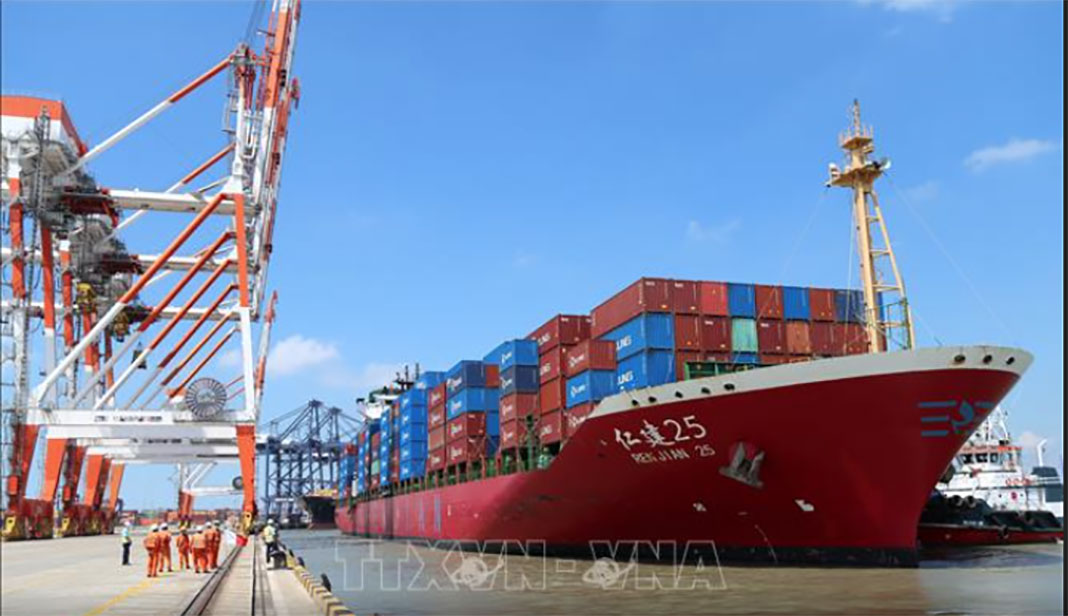HCMC – The Asian Development Bank (ADB) has adjusted Vietnam’s growth projection for 2023 to 5.2%, down from the previous estimate of 5.8%.
However, the growth outlook for 2024 remains steady at 6.0%. This revision is attributed to a combination of factors, including declining external demand, weak budget execution, and a slow recovery in job creation and domestic consumption, as indicated in the Asian Development Outlook for December 2023.
Across developing Asian economies, central banks are responding to reduced price pressures by pausing their monetary policy tightening. Notably, this year, two-thirds of central bank decisions have favored maintaining interest rates, with some even loosening policy, as seen in Vietnam.
Southeast Asia as a region is experiencing a moderated growth trajectory, with downward revisions for countries like Malaysia, Thailand, and Vietnam. The growth forecast for 2023 now stands at 4.3%, down from the previous 4.6%, while the 2024 projection is at 4.7%, down from 4.8%. This adjustment is influenced by the region’s more open and trade-oriented economies, including Malaysia, Thailand, and Vietnam.
Vietnam’s economic slowdown in the first nine months of the year, with a growth rate of 4.2%, can be attributed to various factors, including low external demand, budget execution challenges, and a slow economic recovery. Falling output in the industry and services sectors has also played a role.
The growth forecast for 2023 has been adjusted to 5.2%, while the outlook for 2024 stays at 6.0%.
Rising food prices remain a concern for Southeast Asian nations this year due to potential food supply disruptions stemming from climate-related risks like El Nino.
Countries such as Laos, Timor-Leste, the Philippines, Singapore and Vietnam are facing double-digit increases in international rice prices due to supply concerns. While some nations, like Indonesia and the Philippines, have raised interest rates to combat inflation, Vietnam has opted for a different approach, reducing its rates from 6% in January 2023 to 4.5% in June to fuel economic growth.
Driven by recovering trade and rising prices for imported fuel and electricity tariffs, Vietnam’s headline inflation in January-November rose to 3.2%. Core inflation reached 4.3%. However, inflation remains well below the central bank’s target range of 4–4.5%.
Vietnam’s prudent and proactive monetary policy, coupled with price controls on essential goods and services, is expected to keep inflation in check, with forecasts unchanged at 3.8% for 2023 and 4.0% for 2024.









